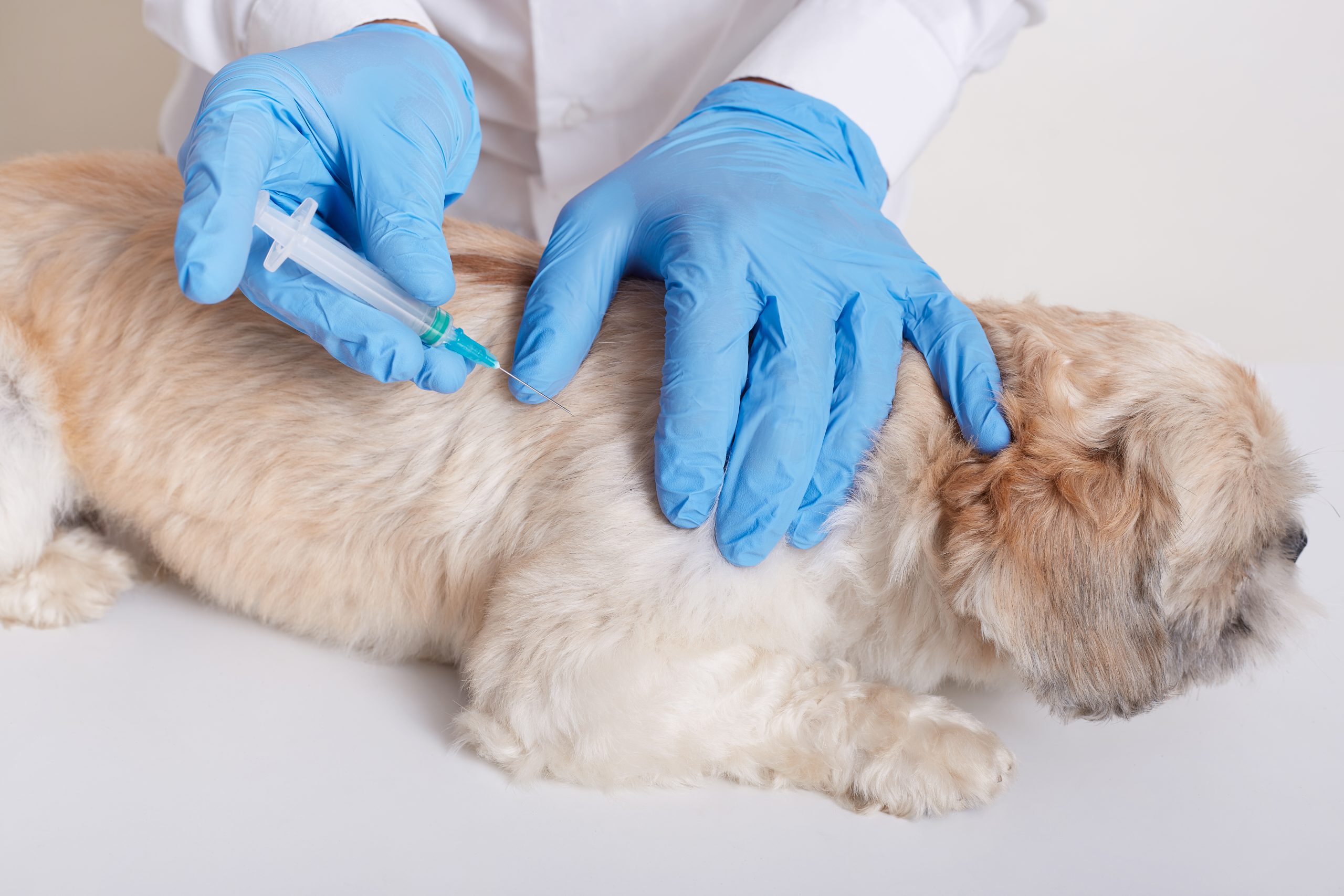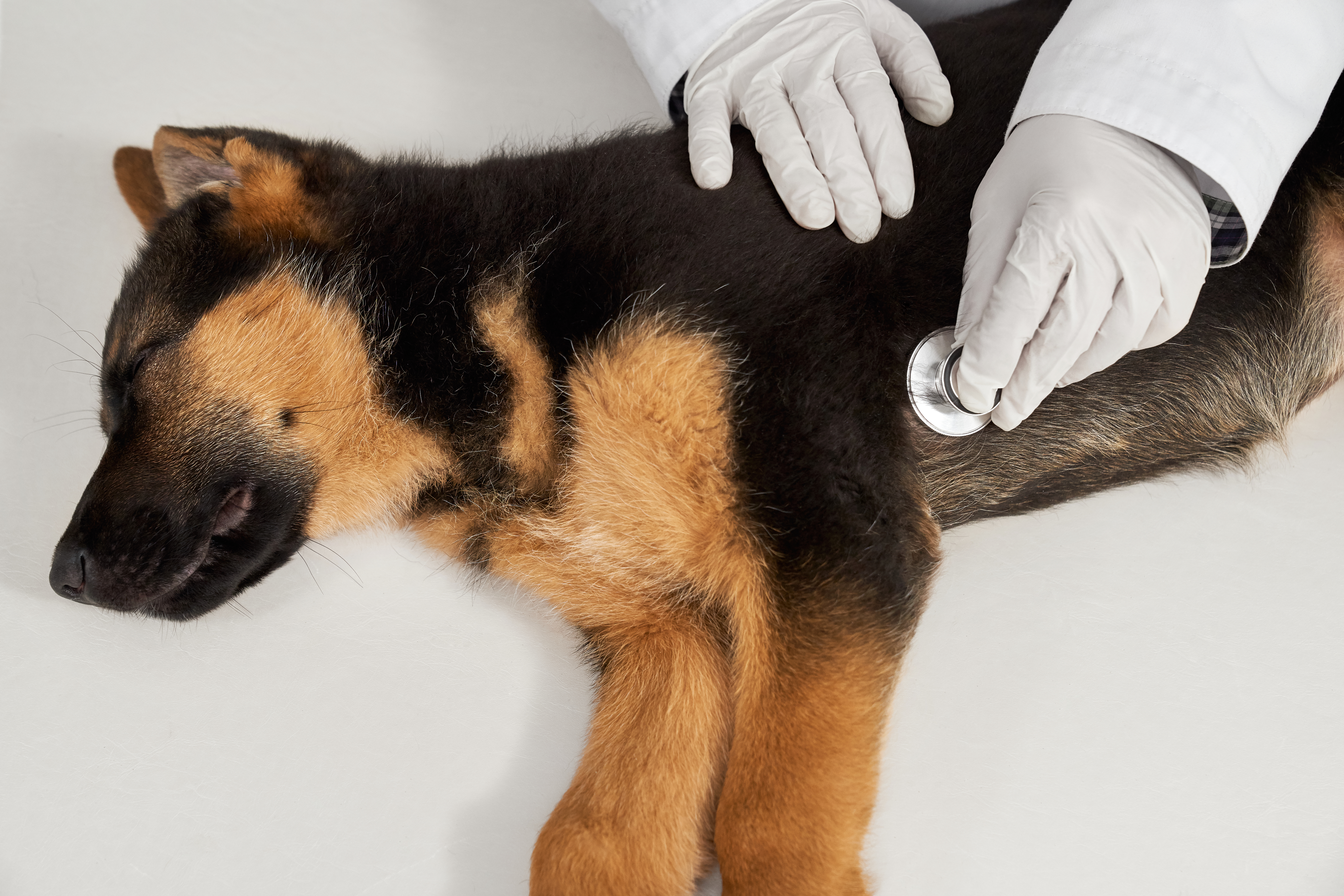
Common Dog Diseases in the Philippines: What Every Pet Parent Should Know
Owning a dog in the Philippines is a joy that comes with great responsibility. From their playful barks to their wagging tails, our furry friends make our lives brighter. However, just like humans, dogs can get sick too. That’s why it’s important for pet owners to know about the common diseases that affect dogs here so we can keep our pets safe and healthy. Here’s a quick guide to the most common dog diseases in the Philippines and tips on how to protect your beloved pet.

Canine Parvovirus
Parvovirus is a highly contagious viral disease that affects puppies and unvaccinated dogs. It spreads quickly through contact with infected dogs, surfaces, poop, bowls, leashes, clothes, and even hands. The virus can survive on floors and surfaces for days and isn’t easily killed by regular cleaning. It attacks a dog’s stomach and intestines, causing fever, severe diarrhea, and vomiting. The best way to prevent Parvo is by keeping up with your dog’s regular vaccinations, which include this as part of the core vaccines.
Canine Distemper
Canine Distemper is another highly contagious viral disease that affects the respiratory, gastrointestinal, and nervous systems. This virus spreads through the nose or mouth when dogs breathe in droplets from an infected dog’s sneezes or coughs. Symptoms include fever, watery eyes, coughing, runny nose, vomiting, seizures, and diarrhea. There’s no cure for Distemper, but there’s a very effective vaccine that helps protect your dog. This vaccine is part of the core shots that all dogs should get regularly.


Heartworm Disease
Heartworm disease is caused by parasitic worms transmitted through mosquito bites. These worms live in the heart and lungs, causing heart failure and other serious issues. It can cause breathing issues, tiredness, coughing, heart problems, and can even be fatal. Giving your dog regular heartworm prevention, like tablets or injections, is essential to keep them safe and healthy.
Leptospirosis
Leptospirosis is a bacterial infection that spreads through water contaminated with the urine of infected animals. Dogs can also catch it by drinking contaminated water or coming into contact with infected food or soil. Symptoms include vomiting, tiredness, muscle weakness, stomach pain, and in severe cases, kidney failure. It can cause kidney and liver damage in dogs. To protect your dogs, keep your dogs away from stagnant water and consult your vet about the right vaccine, as many Canine Distemper vaccines also include protection against Leptospirosis.


Ehrlichiosis
Ehrlichiosis, also known as “tick fever,” is a tick-borne disease common in tropical countries like the Philippines. Symptoms include fever, lethargy, weight loss, and bleeding disorders. Preventing ticks and removing them quickly can help protect your dog from this illness.
Skin Infections (Dermatitis)
Hot weather, high humidity, and poor grooming can lead to skin infections in dogs. Mange, allergies, and fungal infections are common, leading to itching, redness, and hair loss. Regular grooming, proper diet, and maintaining a clean environment can help prevent these issues.


Rabies
Rabies is a viral disease that affects the central nervous system and is fatal to both dogs and humans. If left untreated, almost always results in death. The Philippines is among the countries with a high incidence of rabies, particularly in rural areas where stray dogs are common.
Rabies symptoms in dogs include changes in behavior, excessive drooling, aggression, paralysis, and seizures, and once symptoms appear, the disease is almost always fatal. In humans, early signs start with fever, headache, and weakness, which then progress to anxiety, confusion, paralysis, hallucinations, and fear of water.
Regular vaccination and avoiding contact with stray animals are essential preventive steps
To keep your pet safe from these diseases, regular health check-ups are the best way to catch common dog diseases early or prevent them from getting worse. Don’t wait for symptoms to show—take this as a sign to schedule a veterinary visit and keep your furry friend happy and healthy. Book a check-up for your dog today! Your floof deserves the best care!
